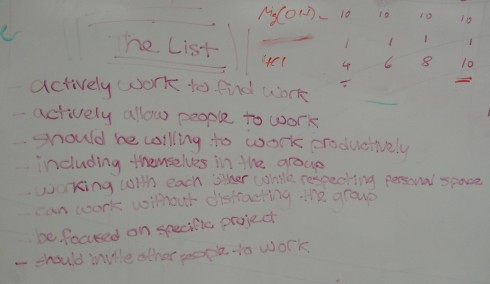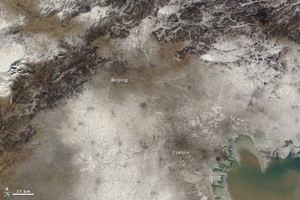One of the articles my students brought to our Environmental Science discussion was about the growing fears about wars over water. Even within the U.S.A. there are significant conflicts, as demonstrated by this NPR article.
Texas has tried to buy Oklahoma water from the state, its cities and towns, and its Native American tribes. But Oklahoma lawmakers have blocked those efforts with a string of laws restricting out-of-state water exports.
The view in Texas is that Oklahoma isn’t even using its full allocation of Red River water. Oklahomans respond that Texas hasn’t gotten serious enough about conservation.
“Our poor, poor thirsty people in Dallas, Texas,” muses state Sen. Jerry Ellis, a Democrat who represents southeastern Oklahoma. “There’s nobody thirsty in Dallas, Texas.”
— Wertz,J., 2013: Thirsty States Take Water Battle To Supreme Court on NPR.
The full article:
P.S. Lauren Markham has an article about environmental “refugees” forced to leave Ethiopia because of the changing rainfall patterns over the last eight years.




